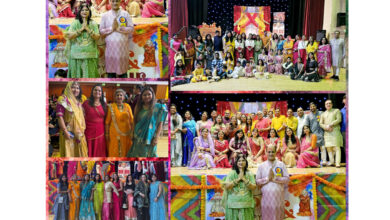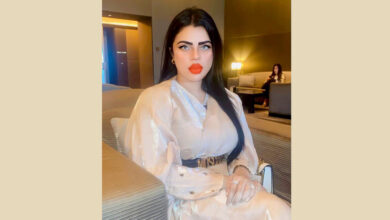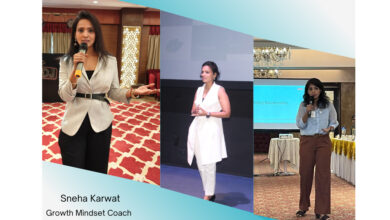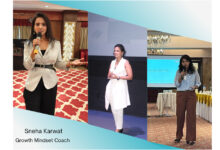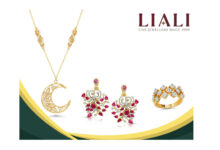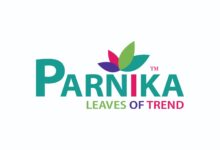Expert Counseling Psychologist, Rachna, Aims to Impact One Million Lives with Emotional Well-being
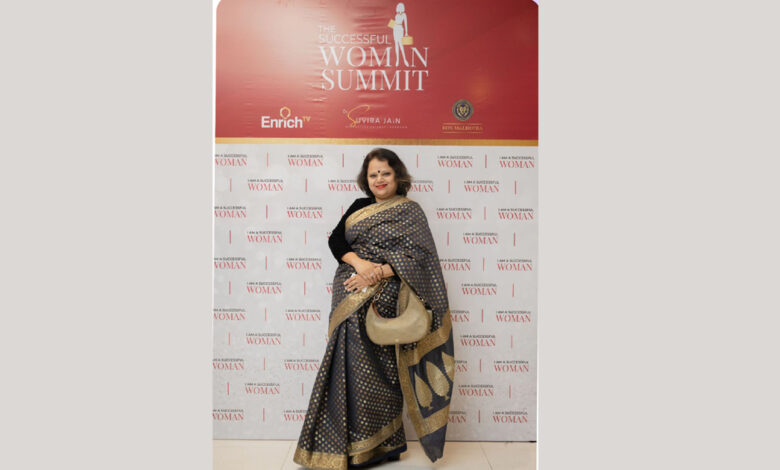
New Delhi, [India], May 22, 2024: Rachna, a seasoned Counseling Psychologist with a rich academic background and extensive experience, has announced her mission to positively impact the lives of one million individuals through her expert counseling services. With a Masters in Psychology, PG Diploma in Guidance & Counselling, and international recognition as an Expressive Art Therapist (UNESCO-CID), Rachna brings a unique blend of academic expertise and practical wisdom to her practice.
Since embarking on her journey as a freelancer in 2019, Rachna has dedicated herself to helping people navigate through challenging situations, explore influential memories, and facilitate personal growth. Her approach involves empowering individuals to identify areas of their lives for improvement, set achievable goals, and work towards meaningful change.
Driven by a passion for counseling, Rachna is committed to reducing confusion and enabling effective decision-making, leading to positive shifts in attitude and behavior. Her diverse experience spans across collaborations with organizations, schools, NGOs, and individuals, demonstrating her versatility and adaptability in various settings.
Rachna’s professional affiliations further underscore her commitment to excellence and ongoing learning. As a proud member of the American Psychological Association (APA), Bharatiya Counselling Psychology Association, and Indian Counselling Association, she stays abreast of the latest developments in her field, ensuring that her clients receive the highest standard of care.
Through her mission-driven approach and dedication to promoting emotional well-being, Rachna aims to make a significant and lasting impact on the lives of one million people. By leveraging her expertise and love for counseling, she aspires to help individuals lead emotionally healthy and fulfilling lifestyles.
For more information please visit: https://www.counsellingservices.co.in


